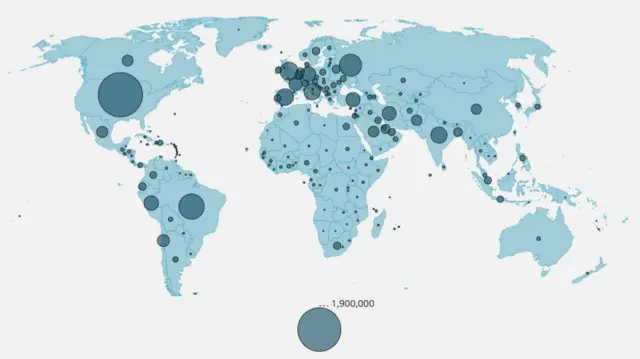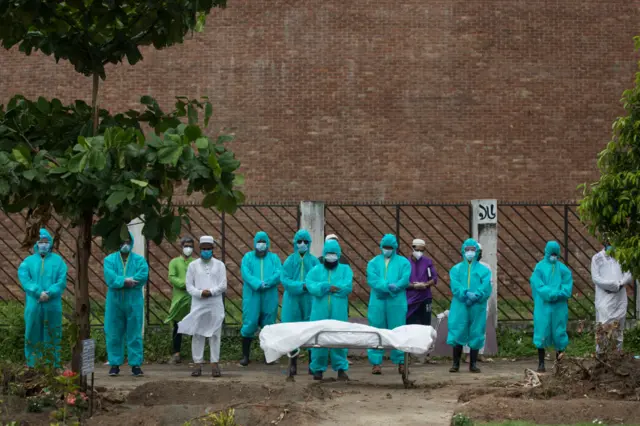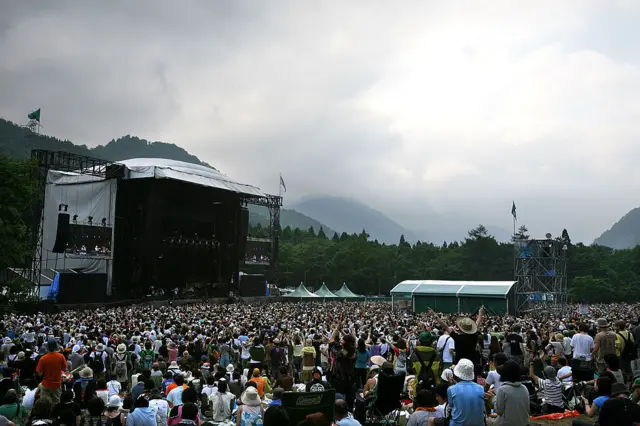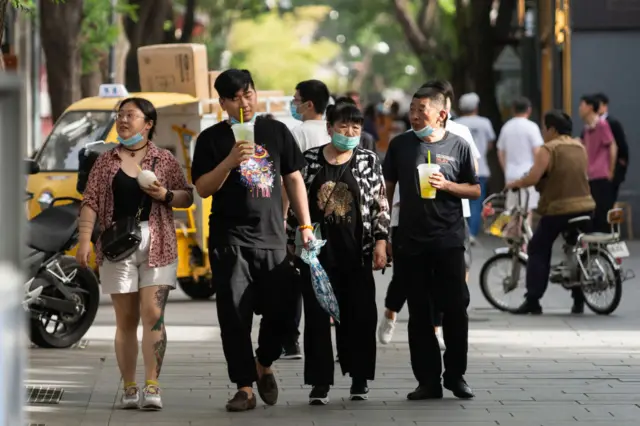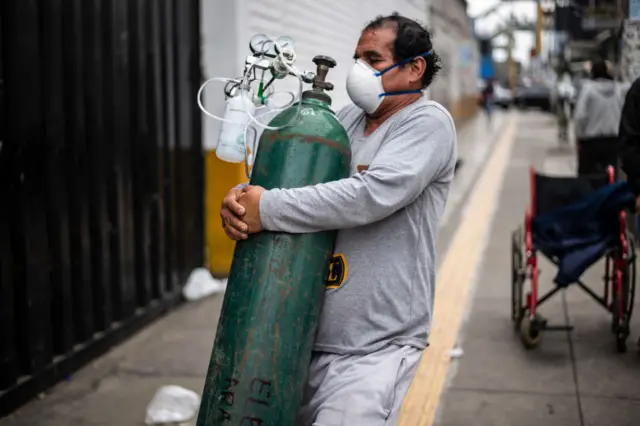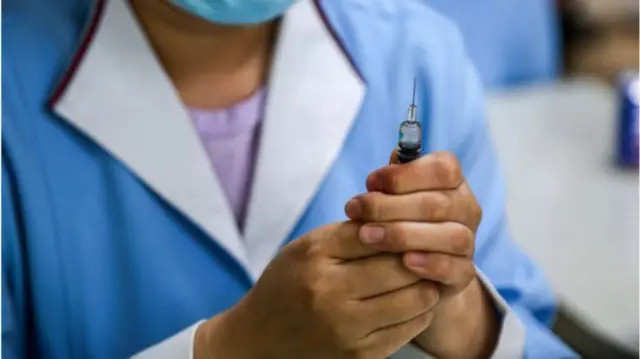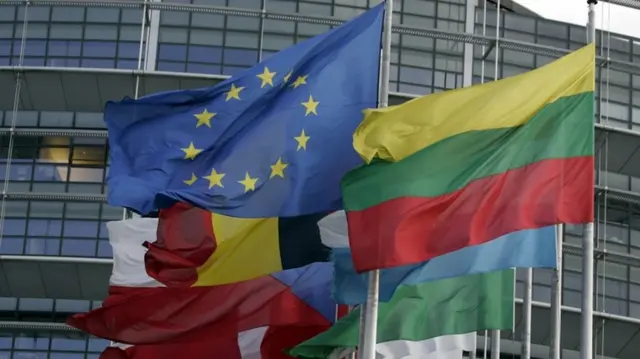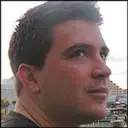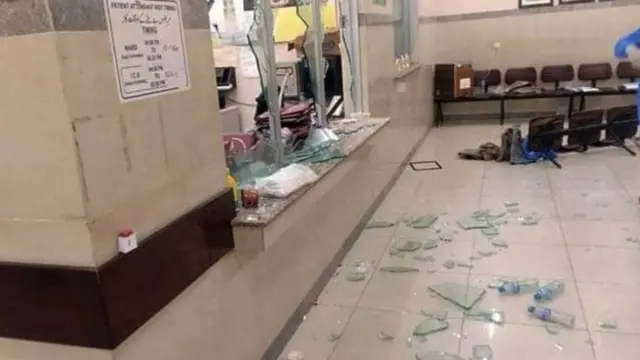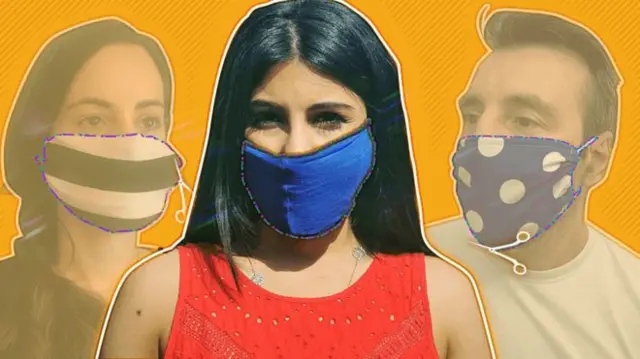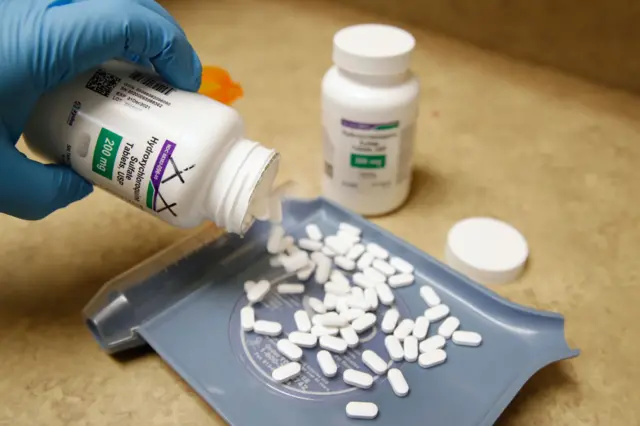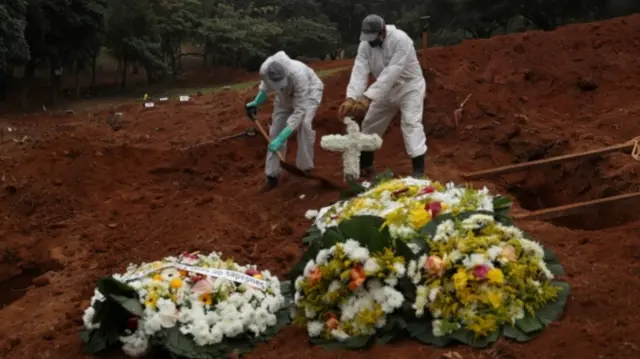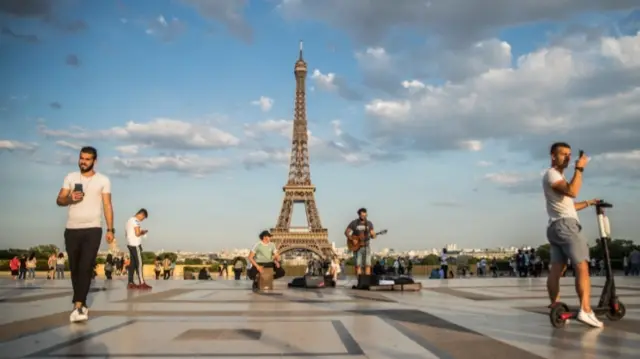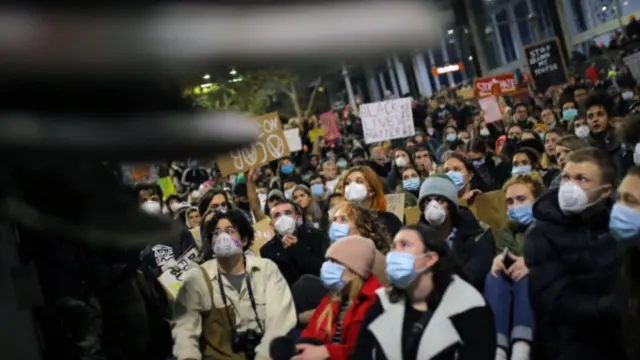What's the latest in the UK?published at 07:06 BST 5 June 2020

Hello and good morning to those of you just joining us in the UK. Here are the morning headlines from across the country:
- The new NHS coronavirus contact-tracing app should be in place by the end of the month, a government minister has said. The app, which has been tested on the Isle of Wight, had been due to be launched in May.
- Doctors have urged the government to extend rules making face coverings mandatory on public transport to more places where social distancing is difficult.
- People will have to wear masks on buses, trains, planes, trams, coaches and ferries in England from 15 June, following a government announcement yesterday.
- Dentists have warned there will be no return to "business as usual" for dentistry in England when practices can reopen from Monday, with some saying they lacked enough warning of openings and do not have the necessary protective kit.
- In Europe, The European Commission has called on all EU member states to reopen borders and allow passport-free travel inside the bloc by the end of June.
